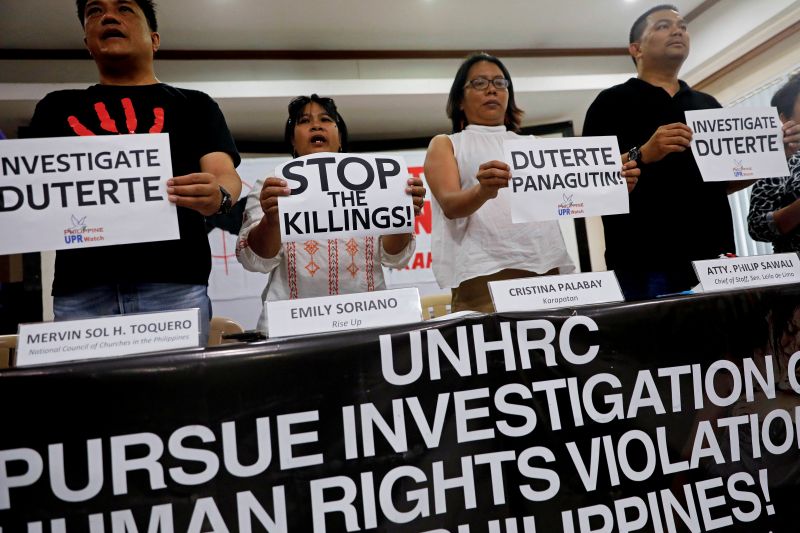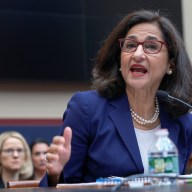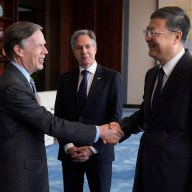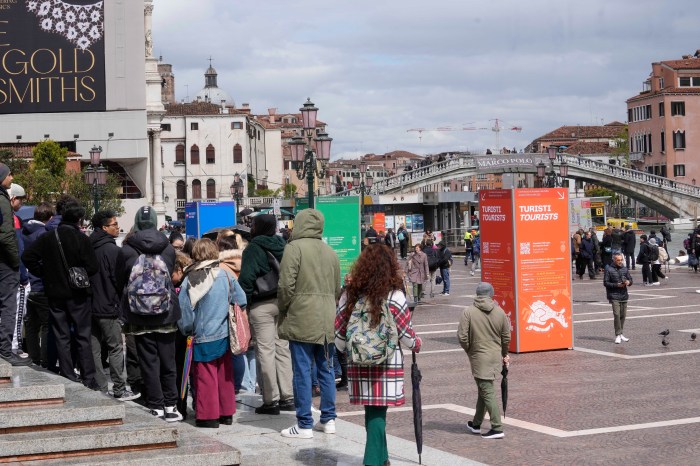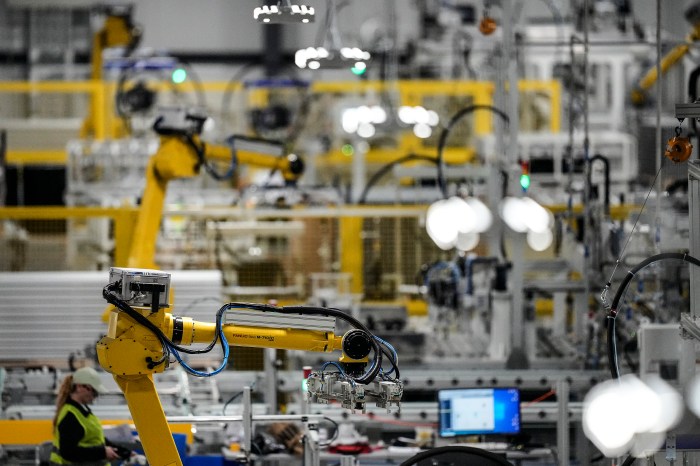MANILA (Reuters) – Activists and families of victims of the Philippines’ bloody war on drugs on Thursday vowed to keep fighting for justice, after the United Nations Human Rights Council opted to give technical assistance to a government accused of ignoring atrocities.
The council on Wednesday voted to provide help to the administration of President Rodrigo Duterte to try to ensure unlawful killings and other violations were properly investigated and prosecuted.
The decision comes despite a landmark U.N. report in June that said tens of thousands of people may have been killed in Duterte’s war on drugs since mid-2016 with “near impunity” for police, and incitement from top officials. The government has rejected that.
Activists said the resolution was a let down, but it would not weaken their resolve or their pursuit of a comprehensive international investigation.
“There will be no let-up on our campaign for justice,” said Llore Pasco, 65, who represents Rise up for life and for rights, a network of victims’ families.
“We will intensify our collection of evidence so we can pursue our call for an independent investigation,” said Pasco, whose two sons were killed.
“The fight is not yet over.”
The president’s office on Thursday said the council’s adoption of the latest resolution was a “reversal of the narrow and contentious decision” it had made last year, when it voted in favour of compiling a report on human rights in the Philippines.
The latest resolution keeps the issue on the agenda for another two years.
Human rights groups accuse police of systematically executing suspected drug dealers and users. Police reject that and say all those killed had resisted arrest.
For Cristina Palabay, head of human rights group Karapatan, that meant the international community remained committed to closely monitoring the Philippines and Duterte’s government was not yet off the hook.
However, Carlos Conde, Philippines researcher for Human Rights Watch, said the government was using “cynical and misleading spin,” because the council’s resolution had “affirmed the abuses”.
(Reporting by Karen Lema; Editing by Martin Petty)

